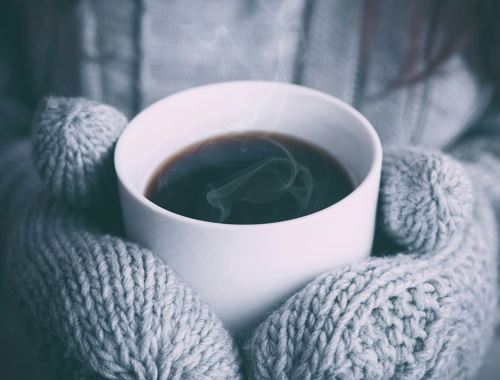Winter wellbeing and Seasonal HealthTips
There are some things you can do to help yourself stay well in winter alongside support and tips.
Winter wellbeing and Seasonal Health Tips
Who is most at risk?
-
Older people (65+)
-
People with long-term conditions (heart, lung, mental health, etc.)
-
Pregnant women
-
Young children (especially under 5)
-
People with learning disabilities
-
Those at risk of falls, living alone, or with low mobility
-
People in deprived circumstances or poor housing
Why cold weather increases risk
-
Cold, damp housing → higher chance of mould, respiratory illness, asthma
-
Increased winter infections (flu, COVID-19, norovirus)
-
Physical hazards (snow, ice → slips and falls)
-
Risk of carbon monoxide poisoning from unsafe heating
Keeping your home warm
-
Heat living areas/bedroom to at least 18°C
-
Reduce draughts with excluders
-
Keep bedroom windows closed at night
-
Wear multiple thin layers instead of one thick layer
Financial support
-
Grants, benefits, and cost-of-living payments may be available
-
Help with energy bills and efficiency upgrades
-
Government and local schemes provide advice on energy saving
Looking after yourself
-
Get vaccinated (flu, COVID-19 booster if eligible)
-
Manage minor illnesses (colds, sore throats) early
-
Stay active indoors – move or stretch every hour
-
Ventilate rooms briefly to reduce germs if you have visitors
-
Wear shoes with grip when outside
-
Plan ahead for food, medication, and essentials before bad weather
-
Contact NHS 111, your GP, or pharmacist for non-emergencies; dial 999 in emergencies
- Winter Wellness: Why the darker months affect your mood and what you can do to protect your mental health this winter: | Action Mental Health
Supporting others
-
Check in on older or vulnerable neighbours/family
-
Offer help with food or medication in bad weather
-
Watch for signs of hypothermia: shivering, slow breathing, confusion, tiredness, pale/cold skin → call NHS 111 or 999 in emergencies
- Winter wellbeing :: Keeping Well
Preparing your home long term
-
Service heating appliances regularly
-
Fit loft/wall insulation, double glazing, pipe insulation
-
Fix damp and mould problems
-
Install a carbon monoxide alarm
-
Register with Priority Services Register (free support from utilities for vulnerable people)
Where to get more help
UK Health Security Agency - We're here to help you stay well this winter
-
Met Office: winter readiness
-
GOV.UK: help for households
-
Age UK: call 0800 169 6565, quote "WINTER"
-
NHS England: staying well in winter
- 5 ways to stay healthy in winter - BHF
